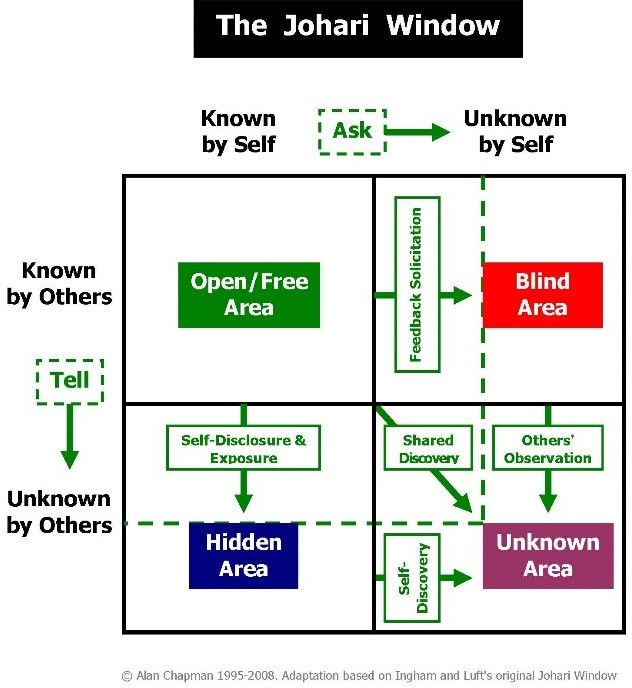
The old saying “it’s better to give than receive” is almost always true. However, when it comes to workplace feedback, it’s just as important to know how to receive as it is to give. So often we focus on how to give feedback – our tone, message, frequency, etc. We do this is because it’s tough to give someone else feedback, especially when it is less than glowing.
However, being a talented feedback receiver is just as important as being a talented feedback giver. Being receptive to others’ views of your strengths and areas for improvement can be humbling and eye-opening. But that information can also be a solid personal and professional development tool – if you have the right mindset.
The art of receiving feedback can be complicated and take years of practice. Here are three quick tips to start you on the journey of being an effective feedback receiver.
1.Always be gracious. As I mentioned, feedback is almost always hard to give – even when it is positive. It takes time and thoughtful consideration on the part of the person who is giving the feedback. So while you may not always agree with what the other person is saying, being gracious about the time they’ve invested in you will keep the conversation on track and productive.
2.Put yourself in their shoes. Think back to when you had to give someone else feedback. How did it feel? My guess is that it brought you some level of anxiety. You probably put a lot of time and thought into what you were going to say, or you were anxious about how the other person was going to respond. You probably didn’t go into the conversation thinking, “Man, I can’t wait to slam this person and make them feel awful about themselves.” Don’t lose sight of that; neither did the person who is giving you feedback.
3.Be aware of your various “yous.” In the literal sense, there is only one you. But more broadly speaking, there are a variety of characteristics and traits that make up who you are – these are your “yous.” A tool called the Johari Window was developed by psychologists Joseph Luft and Harrington Ingham to help people better understand their relationship with themselves and others. They believed that the concept of “you” is comprised of four quadrants:
- Open/ Free Arena - The “you” that everyone knows
- Hidden - The “you” that only you know
- Blind - The “you” that only others know
- Hidden- The “you” that no one knows or has not yet been discovered or uncovered

The Johari Window can help you become a better feedback receiver by giving you insight into your “blind spot.” The quicker you come to terms with the fact that there is a side of you that you may not know (but that others are able to see), the easier it will be to listen to and act upon feedback.
To uncover your own Johari Window, try this online exercise [no download required]: Johari Window Excercise. I did mine and learned that characteristics such as self-conscious, observant, and reflective are in my blind spot. While these characteristics aren’t in the top six adjectives I would use to describe myself, I was interested to learn that others view me this way.
Keep this in mind when using your Johari Window. While we often think that we know ourselves better than anyone else, there is still a side of us that only others know. A lot of information can be gleaned from their observations and insight.
At the end of the day, feedback is a gift. When someone takes the time to give you feedback, it is usually well-intended. They want to see you do well, improve, or continue a positive behavior. While you may not agree with their assessment or perhaps their delivery, especially when it is tough feedback, it is always important to remember that they mean well.
So the next time someone asks “can I give you some feedback,” remember: be gracious, put yourself in their shoes, and recognize that there is a "you” that only they know. Take them up on their offer so you can get to know that “you” too!
 Bobbi Kelly is Kreischer Miller's Director of Human Resources. She has over 12 years of experience providing human resources advisory services to a variety of businesses, including privately-held companies and partnerships. Bobbi joined Kreischer Miller in 2014. Contact Bobbi at Email.
Bobbi Kelly is Kreischer Miller's Director of Human Resources. She has over 12 years of experience providing human resources advisory services to a variety of businesses, including privately-held companies and partnerships. Bobbi joined Kreischer Miller in 2014. Contact Bobbi at Email.
Also check out:


